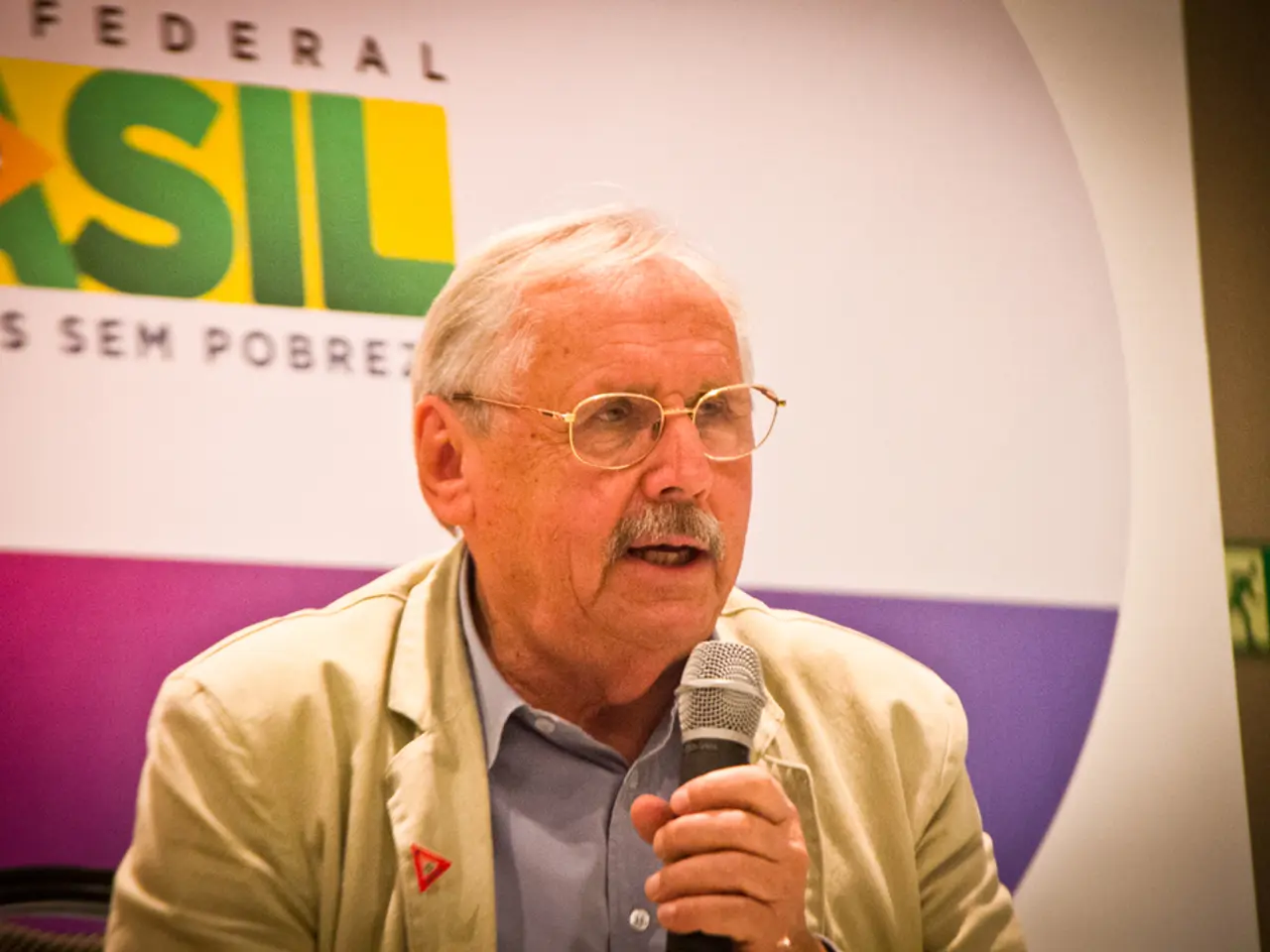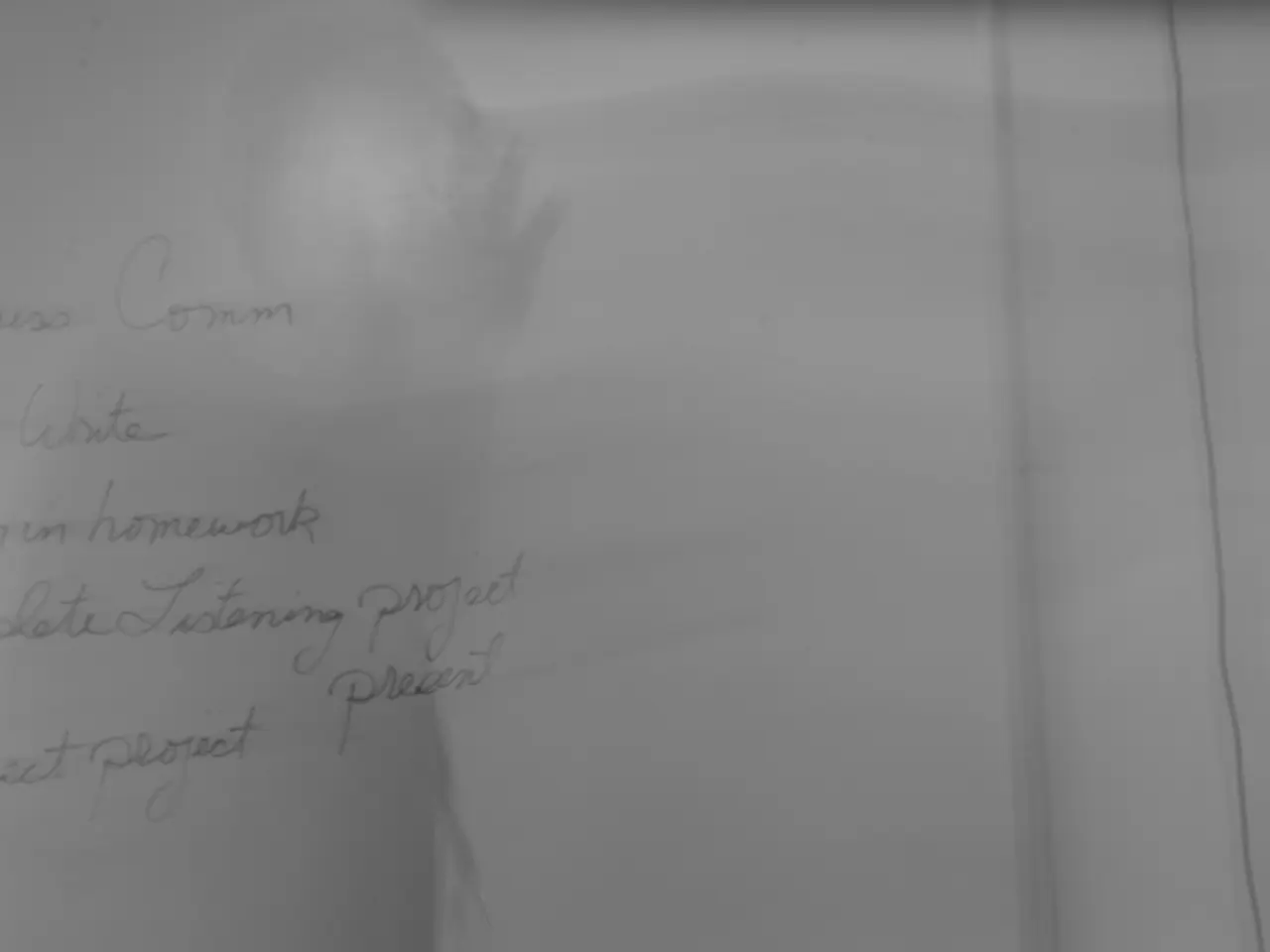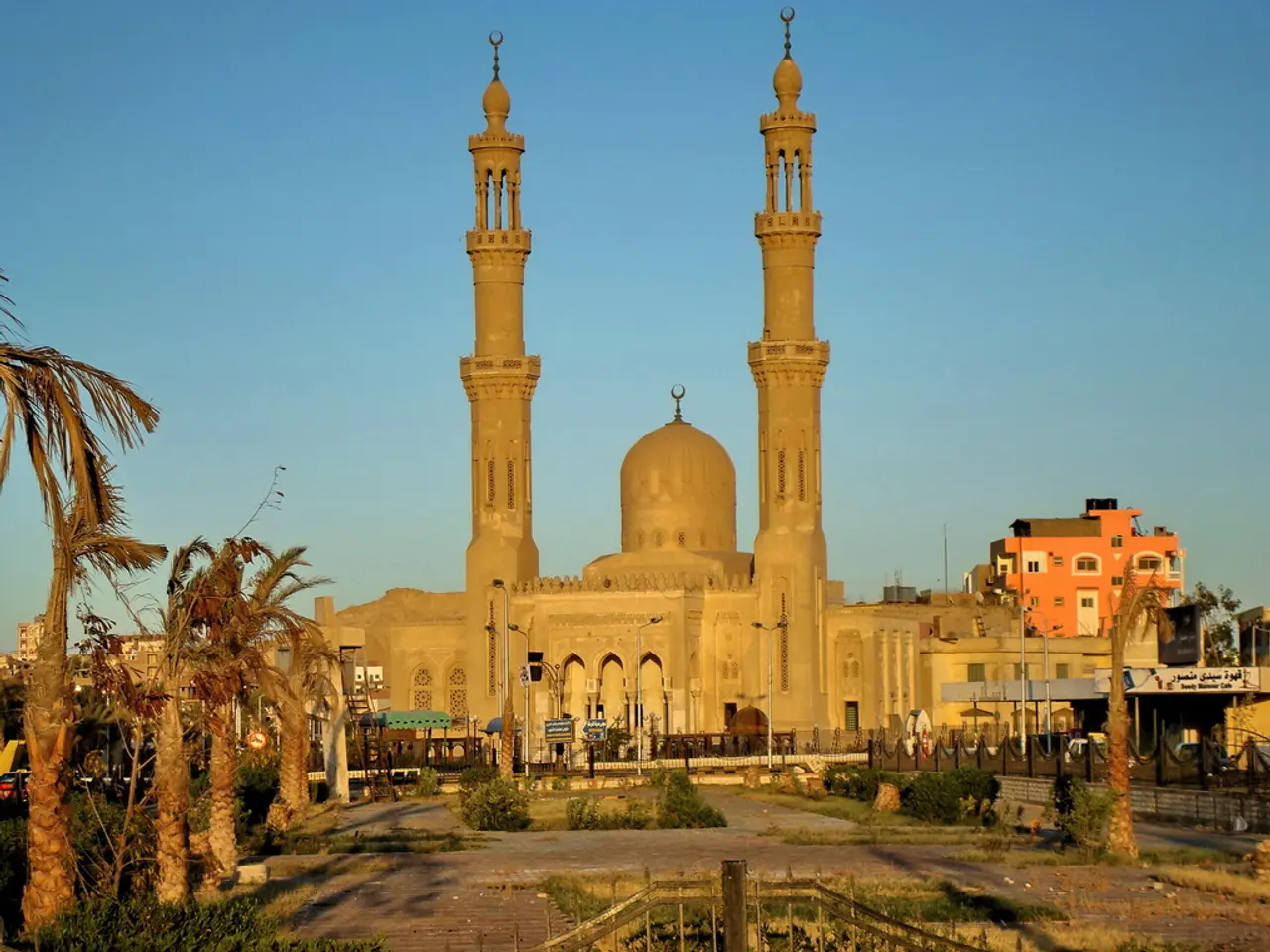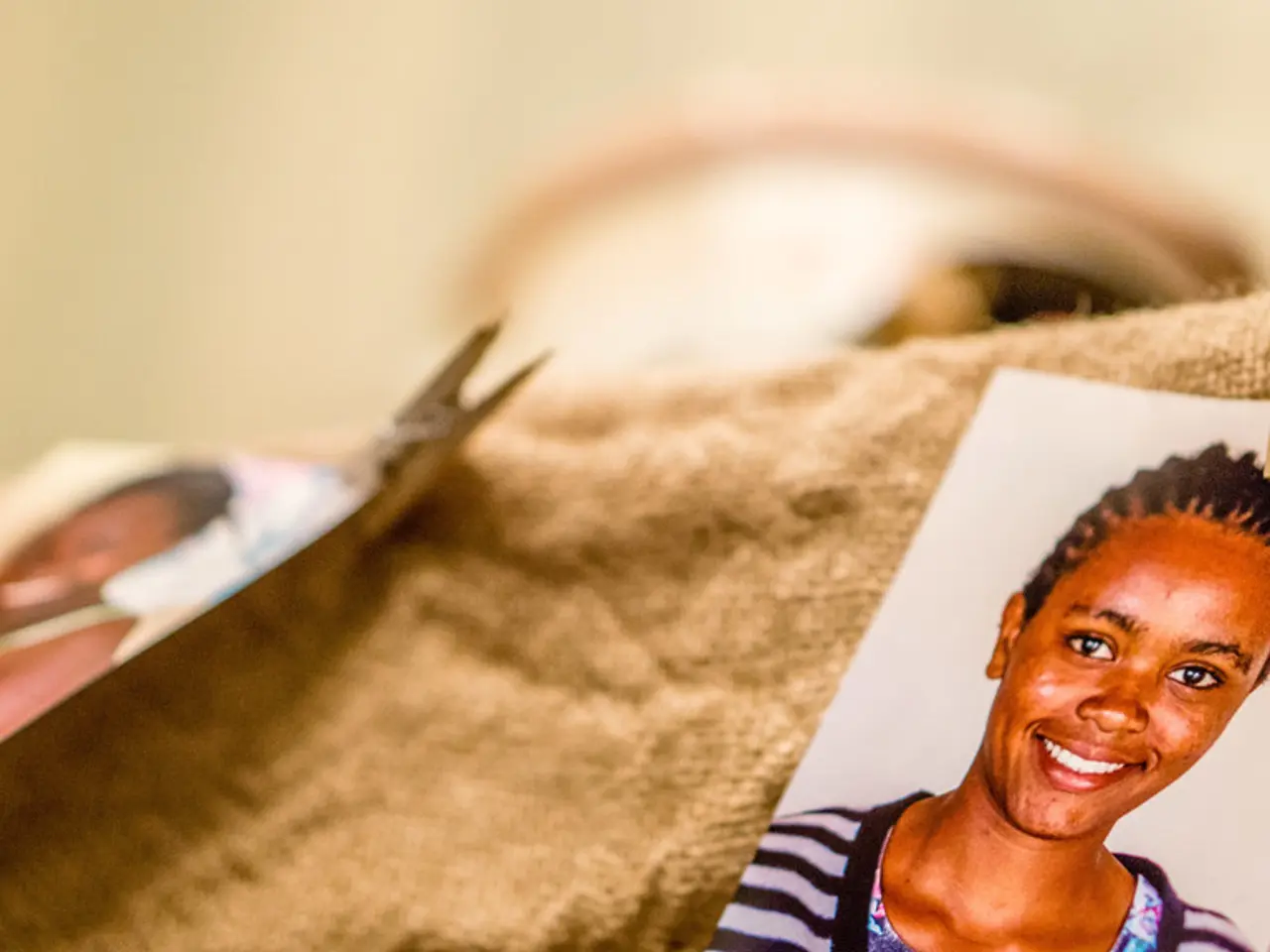Sudan: Rival Government Established by RSF, Widening Split within Nation
In a dramatic turn of events, the paramilitary Rapid Support Forces (RSF) have announced the formation of a rival civilian-led government in Sudan, marking a significant escalation in the country's power struggle.
The RSF, led by President of the new 15-member presidential council, RSF commander Mohamed Hamdan Dagalo, also known as Hemedti, made the announcement in Nyala, South Darfur, a city under their control. This move is seen as a direct challenge to the internationally recognized army-led government, headed by General Abdel Fattah al-Burhan.
Mohamed Hassan al-Taishi, a former member of Sudan's Transitional Sovereign Council, has been appointed as the prime minister of the new government. Abdelaziz al-Hilu, head of the SPLM-N, serves as the vice president. The appointment of these figures suggests a shift in power dynamics, with the RSF gaining significant influence.
The conflict between General al-Burhan and RSF commander Dagalo, once allies, has been a major factor in Sudan's transition to democracy, which was derailed by the conflict following a 2021 coup. The RSF holds most of Darfur and parts of Kordofan, where fighting has surged, while the army, led by General al-Burhan, controls the north, east, and centre, including the capital Khartoum.
The broader conflict in Sudan, often referred to in connection to the Darfur region and other areas, began primarily in 2003 when rebel groups launched an insurrection against the Sudanese government, protesting its neglect of the western region, Darfur. The conflict has since evolved into layered conflicts involving ethnic, political, and territorial disputes extending into other states.
The RSF's goal, as stated, is to establish a secular "New Sudan." However, the formation of the parallel government risks further fragmenting Sudan and undermining diplomatic efforts to resolve the conflict. The Sudanese army has not formally responded to the RSF's move but had previously condemned any attempt to create a parallel administration.
Large parts of the population are on the brink of famine, according to UN data, and up to 13 million people have been displaced due to the war in Sudan. Around 150,000 people are estimated to have been killed in the war. The conflict in Sudan is a forgotten crisis, with its ongoing violence and humanitarian crisis receiving less international attention compared to other global conflicts.
The RSF's move comes under the shadow of the US sanctions against General al-Burhan for the usage of chemical weapons in 2024 against the RSF. The international community is closely watching the developments in Sudan, with hopes for a peaceful resolution to the conflict and a return to democracy.
- The international community is closely monitoring the formation of a rival civilian-led government in Sudan, led by RSF commander Mohamed Hamdan Dagalo, following the announcement in Nyala, South Darfur, as it is seen as a significant escalation in the African country's ongoing power struggle and a direct challenge to the internationally recognized army-led government.
- The ongoing conflict in Sudan, rooted in political and territorial disputes, has been a major factor in derailing Sudan's transition to democracy and has evolved into a complex crisis involving ethnic tensions, with large parts of the population on the brink of famine and up to 13 million people displaced due to the war.
- The RSF's formation of a parallel government increases the risk of further fragmentation in Sudan and undermines diplomatic efforts to resolve the conflict, while also raising concerns about potential fallout from US sanctions against General al-Burhan, given the recent usage of chemical weapons by his forces against the RSF.




